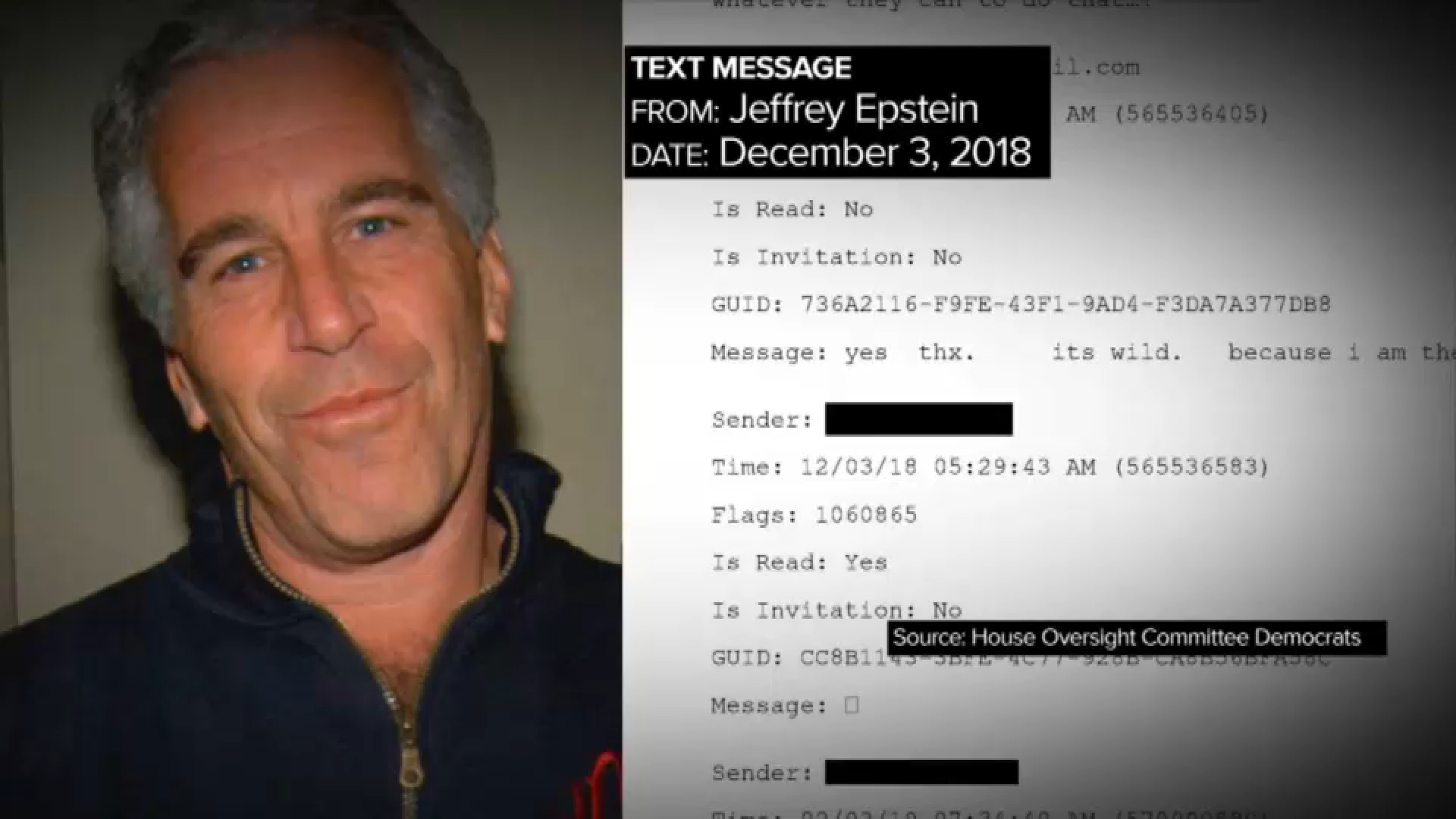(ThyBlackMan.com) How do tax levies and tax liens differ? Clear up your confusion and check out our guide to the differences between tax liens and levies.
Whenever you’re dealing with the IRS and taxes, it is usually stressful. We have a lot of fears when it comes to the IRS.
They have the power to audit our taxes and use tax liens and tax levies to settle unpaid tax debts. In some cases, they can revoke your passport and give you jail time.
It usually doesn’t get that far, but for many people, they’ll get a certified letter in the mail notifying them of a tax levy or a tax lien. These are two very different things the IRS will leverage to get you to pay your taxes.
Keep reading to understand the differences between a tax lien and a tax levy and what you can do if you get a notice in the mail.
What Is a Tax Levy?
A Final Notice of Intent to Levy is a letter that’s sent to you before the IRS seizes your property. This usually includes banks accounts, wages, real estate, or car.
There are two common types of tax levies: wage garnishments and bank levies.
A wage garnishment is a seizure of your income to satisfy tax debts. The IRS doesn’t have a threshold as to how much they can take from your paycheck. This can be damaging for people who are just getting by each month.
A bank levy is the IRS seizing your bank accounts. The IRS will freeze your accounts and you will have no access to them. You have 30 days to contact the IRS and find some resolution. If there’s no resolution, then the IRS will take the funds.
That doesn’t mean that your tax debt is satisfied. You may have funds direct deposited into your account seized after the initial seizure as well. Your bank is also going to charge you a fee to have the levy processed.
While a tax levy doesn’t go on your credit report, it could create a very embarrassing situation for you. Your employer, vendors, or clients could get notified by the IRS to pay the IRS instead of you to settle your tax debt.
The Differences Between Tax Liens and Tax Levies
A tax lien is a government claiming its right to collect on past debts. A Notice of Federal Tax Lien notifies all of your other creditors that the IRS has a claim on your property and assets. This difference is important to understand.
That can include a boat, car, house, or any other assets you own. If you purchase a property after the lien is filed, that property is subject to the lien, too.
The big difference between a lien and a levy is that a tax lien is a public record. Since it’s a public record indicating that you were behind on your tax payments, it will impact your credit score. It won’t show up on your credit report but will knock down your credit score.
If you were planning to sell your home or other property any time soon, it will be much more difficult to do so. You can’t refinance your home either since there is a claim on your property. That’s because the IRS has first rights to the property, ahead of all other creditors, including the mortgage bank.
What to Do When You Get a Notice of Federal Tax Lien or Tax Levy
The best method for dealing with these notices from the IRS is to keep them from happening. Usually, when things get to this point, it’s because people choose to avoid or ignore them hoping that they’ll go away.
The IRS won’t go away. Even if you have zero money in your bank account and can’t pay them a dime, you need to call them and tell them so. You may be able to hold off on the collections process due to hardship or do an offer in compromise.
The IRS isn’t out to get you and doesn’t want to take your property. They just want to collect what is owed to them.
Call a Tax Professional
Your first call when you get a notice of a lien or a levy should be to a tax professional. A CPA or tax attorney who has handled this type of situations for clients will be able to navigate your way out of it.
Pay Your Debts in Full
You could just pay your tax debts in full. This may be a difficult scenario, but you may be able to borrow the funds to satisfy the tax debt.
Claim Improper Seizure
If you believe that the IRS is taking your property without proper cause, you do have some recourse. You now have two years after the levy to reclaim it if it was a wrongful levy.
Installment Plans
A better option to pay your tax bill is to go on an installment plan. This is when you pay the IRS a certain amount of money each month until the tax debt is paid off.
Offer in Compromise
An offer in compromise is a part of the Fresh Start program to settle back taxes and start over. It’s a long process to get an offer approved, but you could wind up paying less in the taxes you owe.
Should you get an offer approved, you have to be on time with your taxes and estimated taxes for five years.
Tax Liens and Tax Levies
The IRS has a number of ways to settle back taxes. It can notify you of a tax lien or a tax levy. Tax liens basically lay claim to your property while tax levies seize your property.
If you do find yourself on the receiving end of these notices, it’s not the end of the world. You have a little bit of time to respond and settle your debts. Your best bet is to enlist the help of a tax professional who can guide you through these matters.
Do you want more financial advice? Be sure to read the finance section regularly for the latest tips.
Staff Writer; Carl Barker

















Leave a Reply